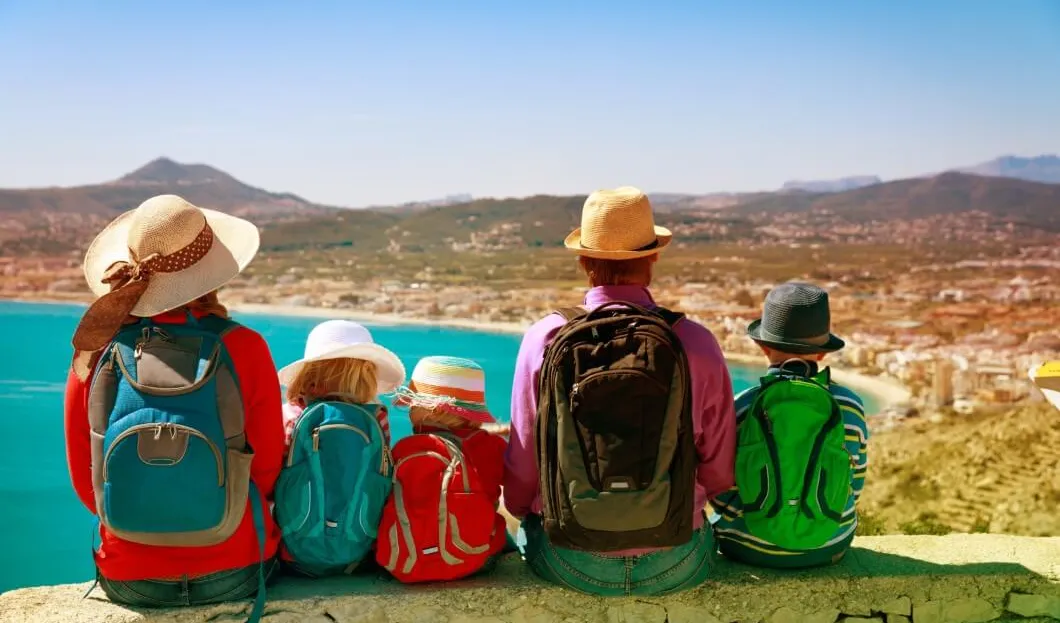
The trend is clear: by the end of 2024, more holidaymakers will arrive in Mallorca and the neighboring islands than ever before. By May, there were already 15.5% more holidaymakers than in the first five months of the previous year. The high number of visitors has triggered a broad social debate on tackling overcrowding and tourism in Mallorca.
The local population is increasingly unable to afford life on Mallorca, partly due to the steadily growing streams of tourists the island welcomes each year.
According to the INE figures, 1.7 million tourists arrived in May alone, 16.4% more than in the same month last year. This resulted in 8.2 million overnight stays, reflecting a 12.6% increase. In the first five months of 2024, the Balearic Islands welcomed 3.1 million holidaymakers, marking a 15.5% increase from January to May 2023. These holidaymakers spent a total of 14.1 million overnight stays. The Balearic Islands include Mallorca, Menorca, Ibiza, and Formentera.
Tourism in Mallorca Is Becoming a Problem
The increasing number of tourists has led to a rise in hotels, apartments, and accommodations, decreasing living space for the local population and increasing living costs. Additionally, the influx of tourists has significantly impacted the environment. The nature conservation group Asociación Tinerfeña de Amigos de la Naturaleza (ATAN) has described the situation on the island as an "ecological and social collapse." The excessive partying at Ballermann has also caused concerns.
In response, locals have expressed their dissatisfaction through protests in May with banners such as "Tourists, go home!" and "Mallorca is not for sale!" The real estate association Abini, despite benefiting from high real estate prices, has also expressed solidarity with the protesters and described mass tourism on the island as "untenable."
Residents Call for Curbing Tourism in Mallorca
This type of protest was not the only one of its kind. Similar rallies have been occurring frequently in recent months. The residents of Mallorca, feeling the urgency of the situation, are advocating for future restrictions on tourism. The environmental group Ecologists in Action emphasized the need for a reassessment. The outcome of these protests remains uncertain. Nevertheless, many destinations must implement strict regulations for tourists and the tourism industry.













